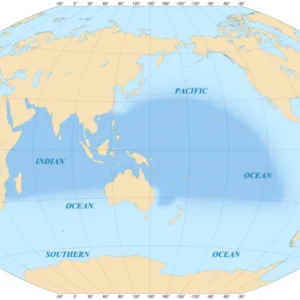New Delhi: In a move aimed at countering China in the Pacific region and significantly ahead of the visit of US President Donald Trump to India for two days from February 24, the present US administration has proposed US$ 1.5 billion in budgetary allocation for 2021 fiscal for the strategic Indo-Pacific, which it said was part of its efforts to ensure that the region remains free, open, and independent of “malign Chinese influence”.
China has been trying to spread its influence in the resource-rich Indo-Pacific region. To counter Beijing, the US has been pushing for a broader role by India in the strategically important region.
Beijing lays claim to huge swathes of the sea in the South China Sea where it has set up military facilities and artificial islands.
The US has long accused China of bullying Vietnam, Taiwan, the Philippines, Malaysia and Brunei who have contesting claims over the South China Sea.
The White House in its budgetary proposal for the financial year 2021 beginning October 1, 2020 said, “the Budget provides US$1.5 billion for the Indo-Pacific reflecting a strong administration commitment to ensuring that the region remains free, open, and independent of malign Chinese influence.”
This funding supports democracy programmes, strengthens security cooperation, improves economic governance and facilitates private sector-led economic growth, the White House said.
A total of US$ 30 million has been included in the budget for the global engagement centre dedicated to countering foreign state and non-state propaganda and disinformation from China, it added.
The budget also provides US$ 0.8 billion for the International Development Finance Corporation (IDFC) for private sector development internationally to support corporate growth in less-developed countries and to provide a transparent, high-quality alternative to “predatory Chinese international lending” in the Indo-Pacific and other strategic regions, it said.
According to the Pentagon, in the Indo-Pacific, the Department of Defense (DoD) is strengthening and evolving US partnerships into a security architecture that helps uphold a “free and open” order.
“With India, DoD is expanding military-to-military cooperation and improving interoperability, including by establishing a new tri-service amphibious exercise, TIGER TRIUMPH,” the Pentagon said.





